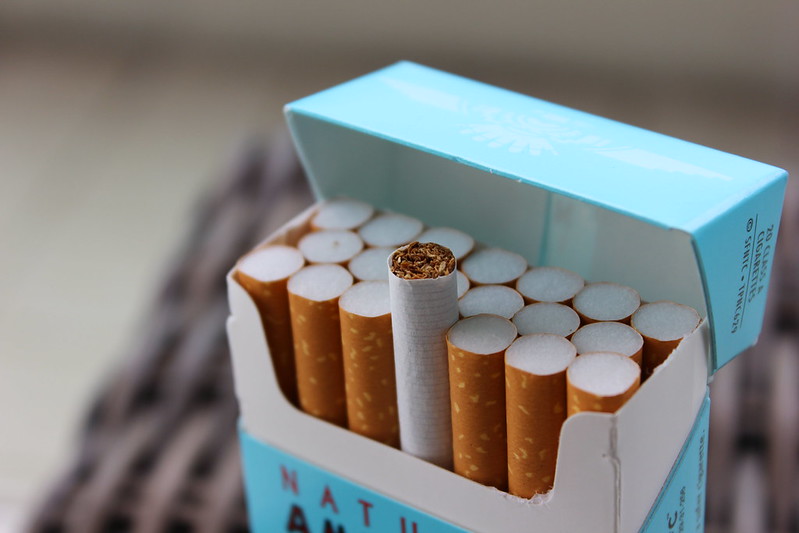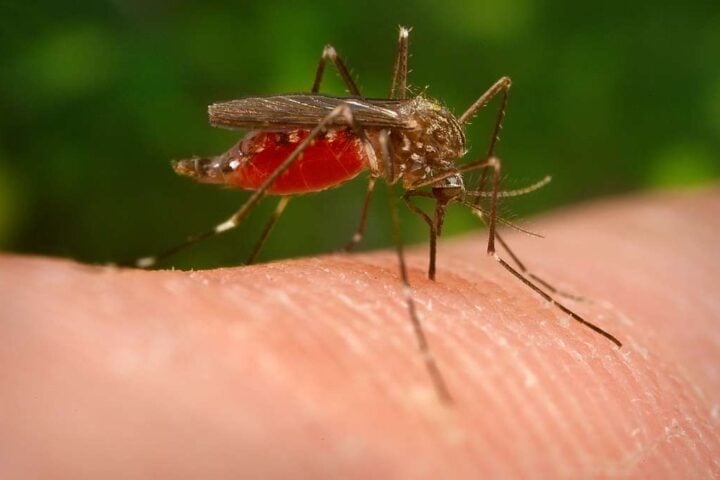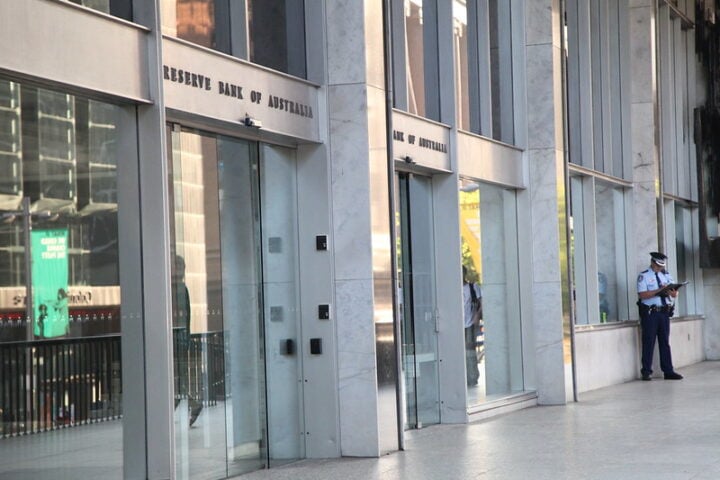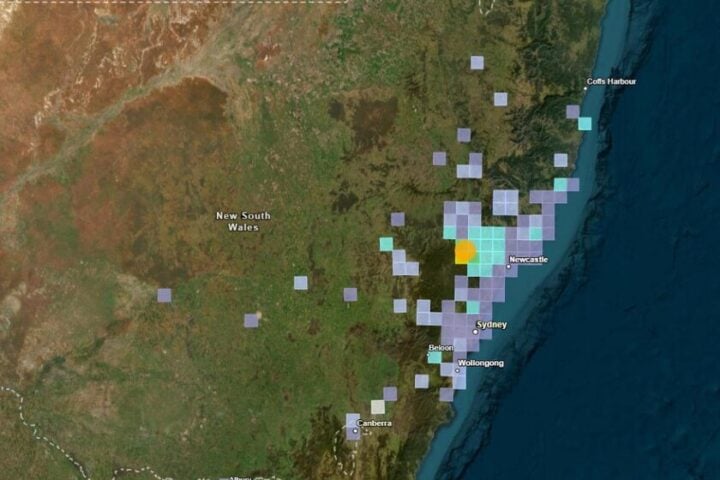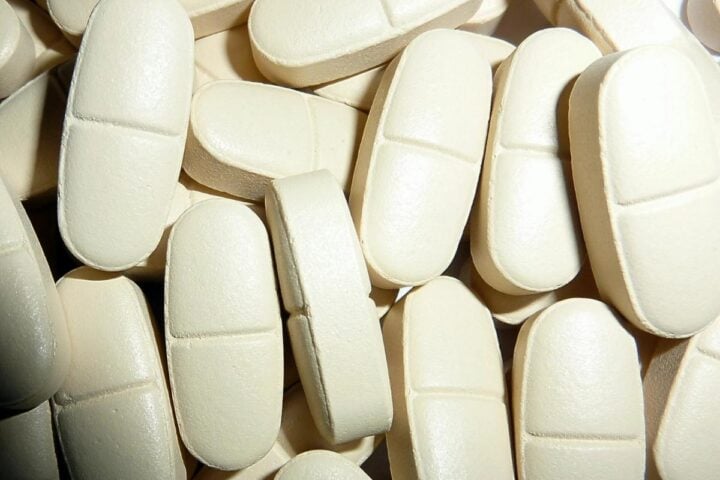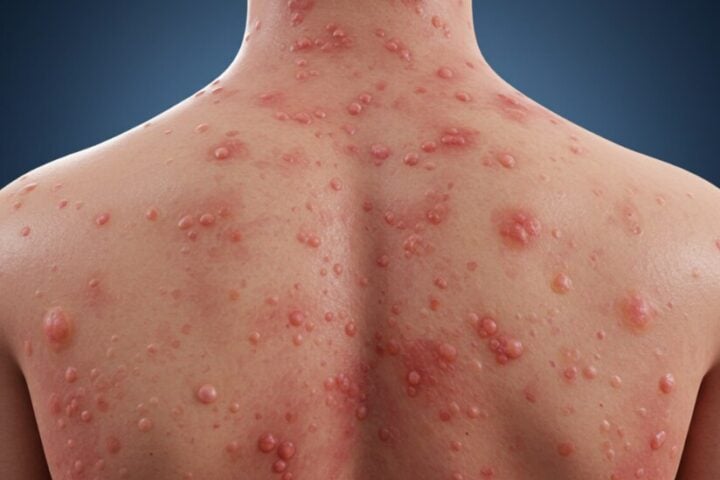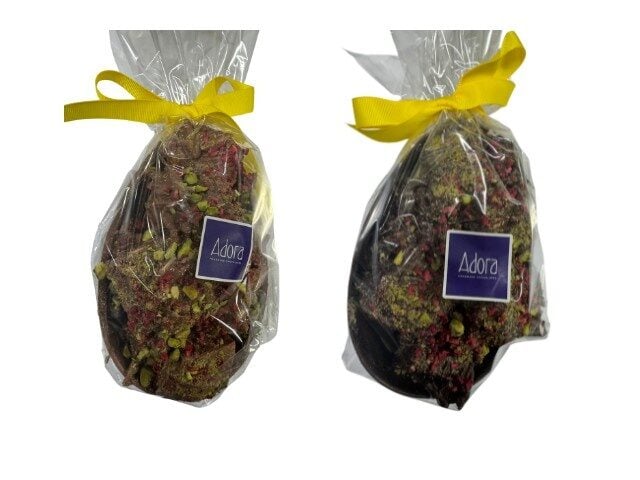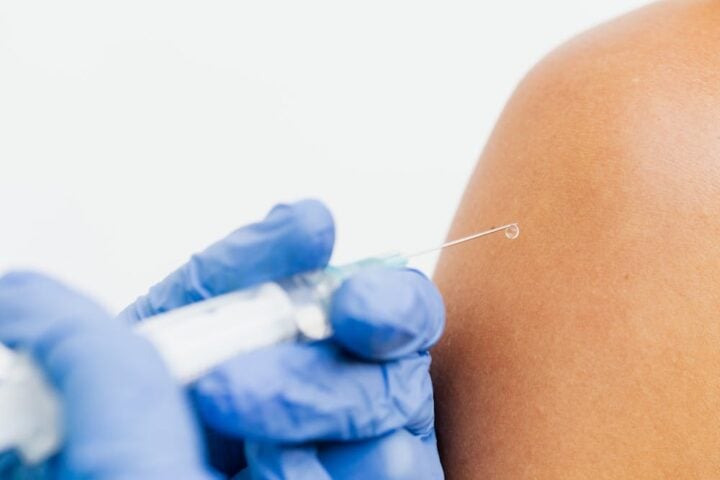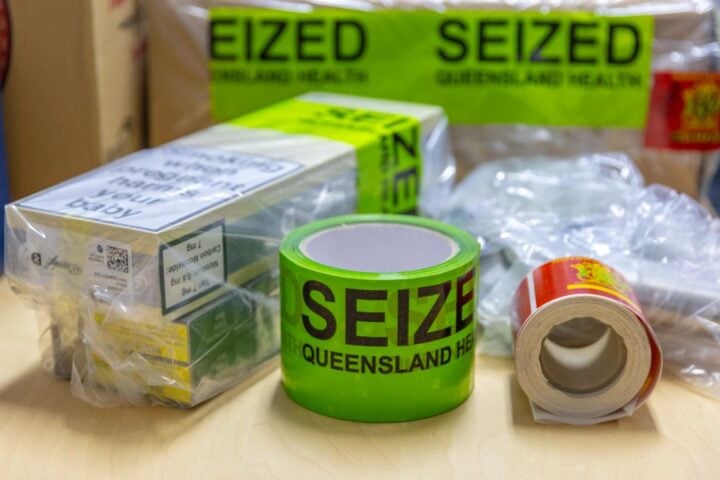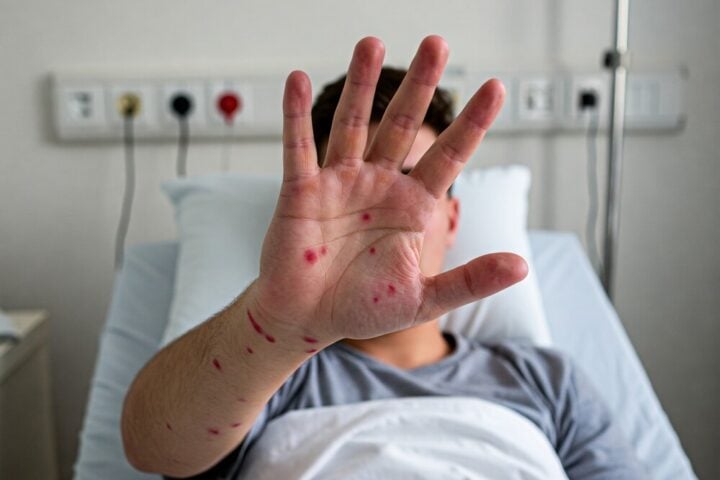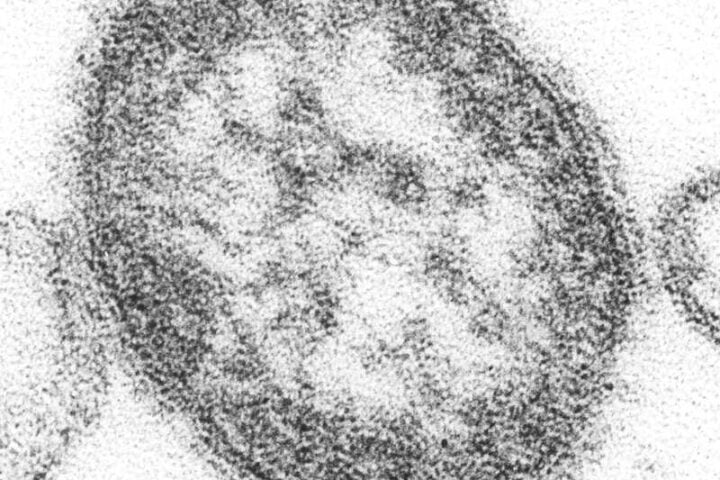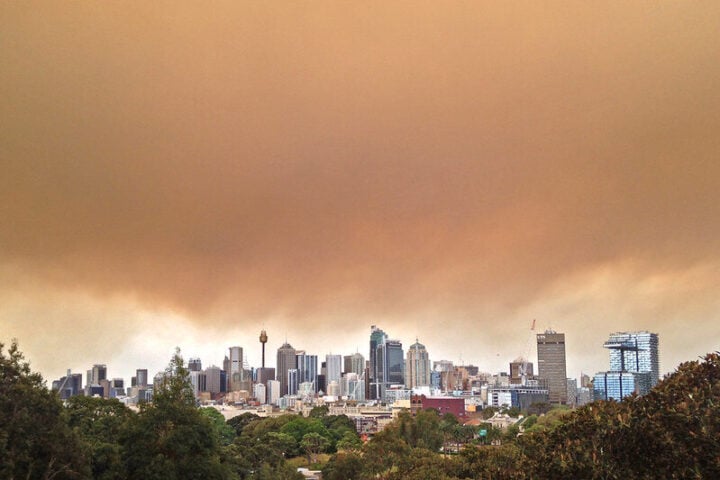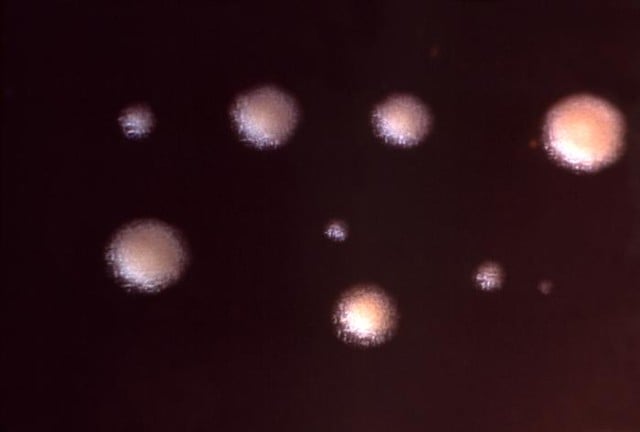The Crisafulli Government has launched a major crackdown on illegal tobacco and vaping products, introducing what they call Australia’s toughest penalties for offenders. Starting April 3, 2025, shop owners caught selling or possessing illicit tobacco products will face dramatically increased on-the-spot fines.
Individual sellers now face penalties of $32,260 for supplying illegal tobacco or vapes – ten times higher than previous fines under the former Labor government. For corporations, the stakes are even higher, with fines jumping to $161,300.
Health Minister Tim Nicholls didn’t mince words about the government’s intentions: “For too long this black-market trade was allowed to flourish under Labor but we’re determined to stamp it out.”
The changes also mark the first time that penalties can be issued specifically for commercial possession and supply of vapes and nicotine pouches (commonly known as zyn) – products that weren’t previously covered under Queensland’s fine system.
Similar Posts:
These on-the-spot penalties represent just the first line of enforcement. More serious cases can still result in court-ordered penalties including up to two years in prison and fines reaching $322,600 for individuals or $1.6 million for corporations.
The government points to alarming statistics showing vaping rates among Queensland high school students tripled between 2017 and 2023, fueling their determination to act. Since taking office, authorities have seized more than 130,000 illegal vapes and eight million illegal cigarettes.
Attorney-General Deb Frecklington described the new fines as “a necessary measure” against businesses selling these products, noting that “the nature of this conduct poses significant risks to public health.”
Queensland’s new penalties far exceed those in other Australian jurisdictions. For comparison, Commonwealth fines for supplying illicit tobacco stand at just $3,960 for individuals, while New South Wales imposes penalties of only $1,110. Some states, including Victoria, Western Australia and the ACT, don’t have specific on-the-spot fines for these offenses at all.
For now, the message from the Queensland government is clear – the days of treating illegal tobacco and vape sales as minor infractions are over.
Frequently Asked Questions
Individual sellers now face penalties of $32,260 for supplying illegal tobacco or vapes, which is ten times higher than previous fines. For corporations, the fines have increased to $161,300. These are on-the-spot fines, with more serious cases potentially facing court-ordered penalties including up to two years in prison and fines of up to $322,600 for individuals or $1.6 million for corporations.
For the first time, penalties can now be issued specifically for the commercial possession and supply of vapes and nicotine pouches (commonly known as zyn). These products weren’t previously covered under Queensland’s fine system, creating a loophole that the new regulations have closed.
The government has cited alarming statistics showing vaping rates among Queensland high school students tripled between 2017 and 2023. This increase in youth vaping, along with concerns about public health risks posed by illicit tobacco products, prompted the government to take stronger action. Since taking office, authorities have already seized more than 130,000 illegal vapes and eight million illegal cigarettes.
Queensland’s new penalties far exceed those in other Australian jurisdictions. For comparison, Commonwealth fines for supplying illicit tobacco stand at just $3,960 for individuals, while New South Wales imposes penalties of only $1,110. Some states, including Victoria, Western Australia and the ACT, don’t have specific on-the-spot fines for these offenses at all.
The increased penalties took effect on April 3, 2025. From this date forward, shop owners caught selling or possessing illicit tobacco products face the dramatically increased on-the-spot fines.
Health Minister Tim Nicholls and Attorney-General Deb Frecklington announced the changes. Minister Nicholls stated that “For too long this black-market trade was allowed to flourish under Labor but we’re determined to stamp it out,” while Attorney-General Frecklington described the new fines as “a necessary measure” against businesses selling these products, noting that “the nature of this conduct poses significant risks to public health.”
